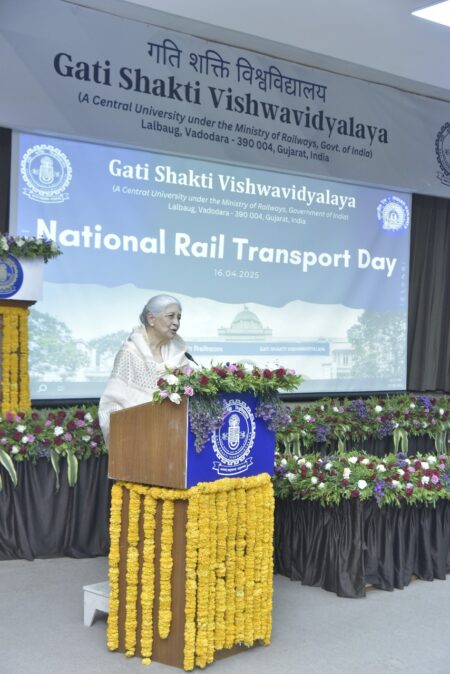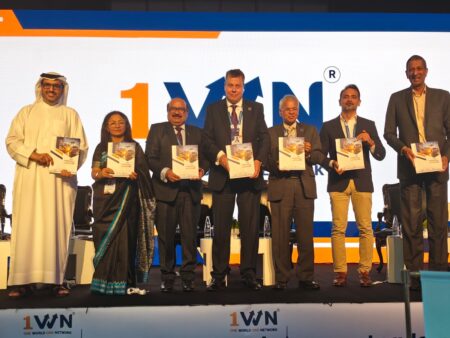Abhishek P. Rao, President, Meesan India, RSA Global, offers insights into the nuanced evolution of pharma logistics in India, highlighting improvements in procurement and product quality alongside lingering challenges in post-manufacture movement and inventory management.

Selecting logistics partners for pharmaceutical transportation and distribution involves multifaceted considerations
Abhishek Rao highlights the nuanced evolution of pharma logistics in India over the past decade. While procurement processes and product quality have improved, post-manufacture movement and inventory management lag. Market penetration and quality have risen, yet regulatory concerns and price sensitivity persist. These observations emphasise the need for targeted interventions to tackle ongoing challenges and boost overall efficiency.
Challenges
Drawing from extensive experience in the pharmaceutical industry, insights into the main hurdles faced by companies managing their supply chains emerge. Real challenges include maintaining efficacy throughout the chain, combating competition with similar but ineffective compositions, ensuring timely product availability, and innovating blood bank logistics. Additionally, there’s a need for significant innovation in ambulance services and to address the absence of temperature-controlled vehicles. While logistics costs are often cited, attributing challenges solely to this overlooks the multifaceted nature of the issues confronting pharmaceutical supply chain management.
Product integrity
Pharma companies prioritise product integrity and safety during transportation and storage, yet gaps persist. Despite investments in technology for tracking, public awareness lags. Collaborative efforts between governments and manufacturers are crucial for educating the populace. While control towers and track-and-trace systems aid, further investment in AI and advanced inventory management is vital. While some companies excel, many do not. Ensuring top-tier quality for critical products is imperative to prevent losses. Responsible companies uphold product integrity throughout the supply chain, prioritising national well-being and shareholder interests.
Technology
Technology plays a massive role in optimising pharma logistics, encompassing tracking and temperature control. However, without utilising data effectively, its potential remains untapped. Regulatory and company initiatives show promise in leveraging data for improvement and optimization. Online medical delivery services have transformed the landscape, prompting traditional pharmacies to offer quicker deliveries, thus enhancing accessibility.
Regulations
Regulatory requirements heavily influence pharma logistics, emphasising data transparency and timely decision-making. Compliance is essential for success, as non-compliant companies face repercussions. While progress is evident, significant work lies ahead. Access to information is limited and subject to regulatory control. Achieving balance in this realm is paramount, akin to the balance of day and night.
Considerations
Selecting logistics partners for pharmaceutical transportation and distribution involves multifaceted considerations. While standard criteria exist, actual results stem from exhaustive efforts across all organisational levels. Often, the rush of achievement can be misleading, leading to penny-wise, pound-foolish decisions. Factors like standardisation, clarity, and personnel reliability play crucial roles. Compliance with regulations such as GMP, GDP, FDA, and ISO is paramount for the benefit of stakeholders, including end consumers. Discrepancies in alignment and validation between logistics partners and companies can lead to suboptimal situations. The challenge of controllable costs adds complexity as logistics partners struggle with external cost factors. Efforts towards standardisation are imperative to address these challenges collectively.
Recognizing these complexities, a collaborative initiative, CSRLSC, has been launched to drive evolution in logistics and supply chain practices.










